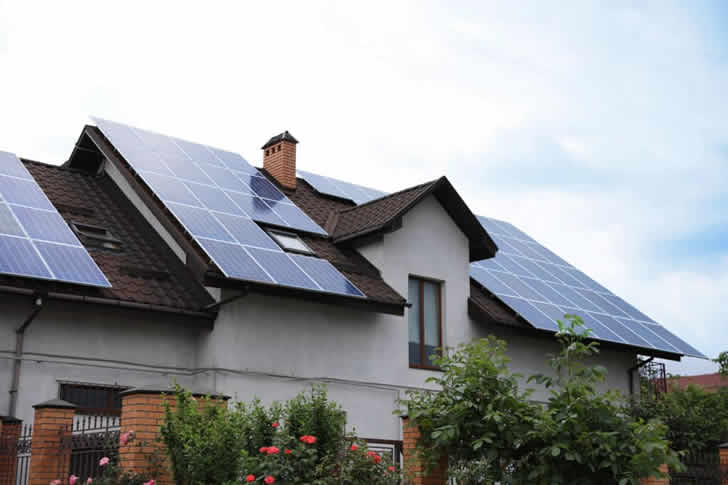How to Choose the Right Solar Panel Type for Your Home
The solar panel industry offers a myriad of choices, and while variety is good, it can sometimes lead to confusion for homeowners. Knowing the different solar panel types and their unique features can simplify your decision-making process. This guide illuminates the key factors you should consider to select the right solar panel type tailored to your home’s needs and preferences.

Monocrystalline Solar Panels:
Monocrystalline panels are known for their high efficiency and sleek design.
Recognizable by their dark black hue and rounded edges, these panels boast a high purity silicon level, leading to better efficiency.
While they come with a higher price tag, their longevity and efficiency can make them a cost-effective choice in the long run.
They perform well even in high-temperature settings, making them versatile for various climates.
Polycrystalline Solar Panels:
Polycrystalline panels are a popular choice for their balanced performance and cost.
These blue-tinted panels are made from silicon fragments melted together, resulting in slightly lower efficiency than monocrystalline panels.
Generally more budget-friendly, they can be an excellent choice for those prioritizing budget without compromising too much on efficiency.
They have a robust and straightforward design, suitable for homes with ample roof space.
Thin-Film Solar Panels:
Thin-film panels are lauded for their flexibility and lightweight nature.
Produced by placing one or more films of photovoltaic material onto a substrate, they’re perfect for surfaces that can’t bear much weight.
Their efficiency rates are generally lower, and they require more space, making them less ilow price for small residential setups.
They’re often chosen for large commercial projects or areas won this page traditional panels are unsuitable.
Bifacial Solar Panels:
Bifacial panels can harness sunlight from both their front and back sides.
Typically made from monocrystalline, they have high efficiency and are suitable for ground-mounted solar setups.
While more expensive, their increased energy production can lead to faster returns on investment.
Assessing Your Home’s Needs:
When selecting a solar panel type, consider the unique factors of your property.
Evaluate your roof’s size, angle, and direction to determine which panels offer the good fit and efficiency.
Consider your nearby climate. Some panels perform better in hot conditions, while others are more efficient in cooler or cloudier climates.
Lastly, factor in your budget and long-term energy goals to ensure a choice that aligns with your financial and energy aspirations.
Selecting the right solar panel type is foundational to optimizing the benefits of solar energy. By understanding the distinct features and advantages of different panel types, you can make an informed choice that complements your home, budget, and energy goals. Remember, while initial costs are essential, so are efficiency, longevity, and potential savings, making this decision a pivotal step in your sustainable energy journey.







Recent Comments